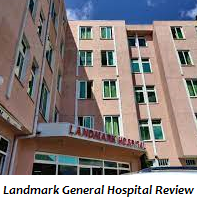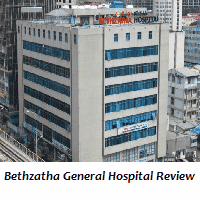Risks and complications associated with Liver Transplant-
Rejection: The liver might be perceived by the immune system as an enemy leading to its rejection. Immunosuppressive medications are given to prevent this happening.
Infection: Immunosuppressive drugs undermine the immune system’s functioning, therefore, patients are at increased risk of infections including bacterial, viral, and fungal infections.
Bleeding: The per surgery bleeding risk is high during and even after the operation. This risk is particularly high for those with advanced liver disease who suffer with coagulation disorders.
Clotting disorders: Liver transplant recipients can encounter disturbances in blood clotting, and this may result in either internal bleeding or the formation of blood clots in blood vessels.
Organ dysfunction: Other organs, including the kidneys, lungs, or heart, could be affected by dysfunction as several reasons, including surgical complications, side effects of the immunosuppressant medications, or pre-existing conditions, contribute to this issue.
Fluid accumulation: Transplant may entail accumulation of fluid in the abdomen (ascites) or around the lungs (pleural effusion) post-transplantation and it may need drainage procedure or medication alteration.
Biliary complications: Patients might get bile duct problems like strictures or leaks and need interventions, which are endoscopic or surgical procedures.


























